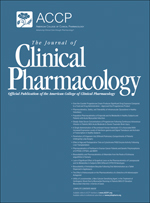
“The endocannabinoid (eCB) system plays a key role in many physiological and pathological conditions and its dysregulation has been described in several rheumatological and autoimmune diseases. Yet, its possible alteration in systemic lupus erythematosus (SLE) has never been investigated.
Here, we aimed filling this gap in plasma and peripheral blood mononuclear cells (PBMCs) of patients with SLE and age- and sex- matched healthy subjects (HS).
In conclusion, our results demonstrate, for the first time, an alteration of eCB system in SLE patients. They represents the first step toward the understanding of the role of eCB system in SLE that likely suggest DAGL and 2-AG as potential biomarkers of SLE in easily accessible blood samples.
Our data provides proof-of-concept to the development of cannabis-based medicine as immune-modulating agents.”









